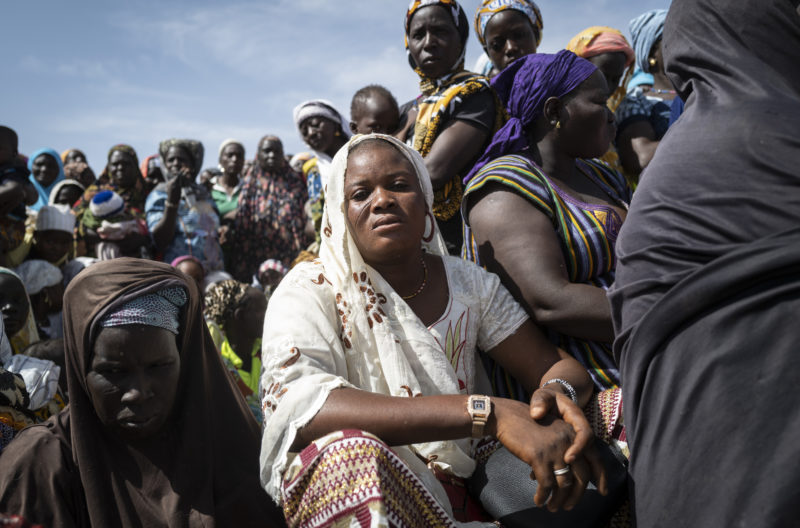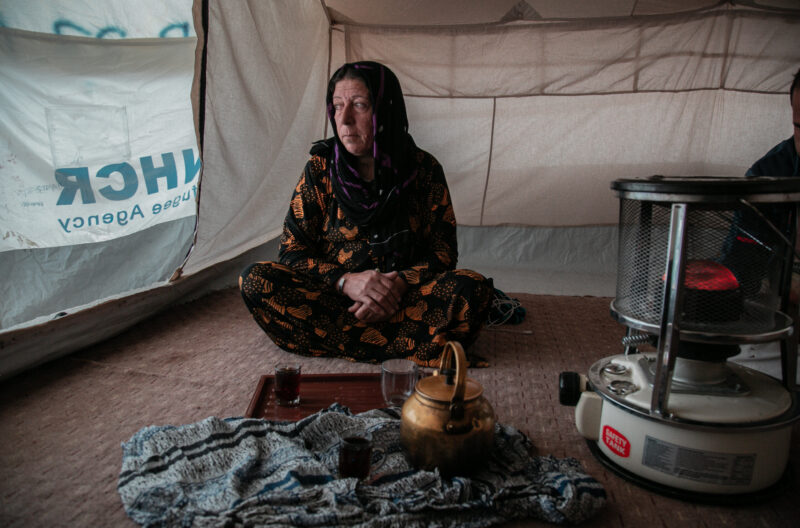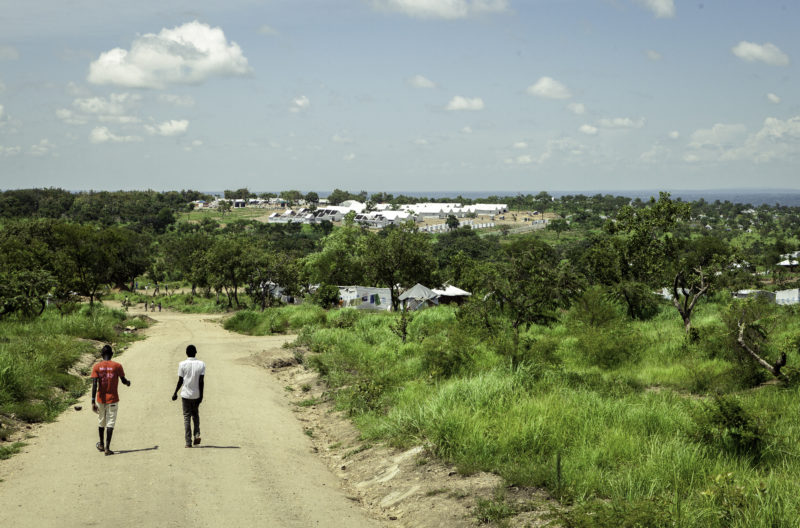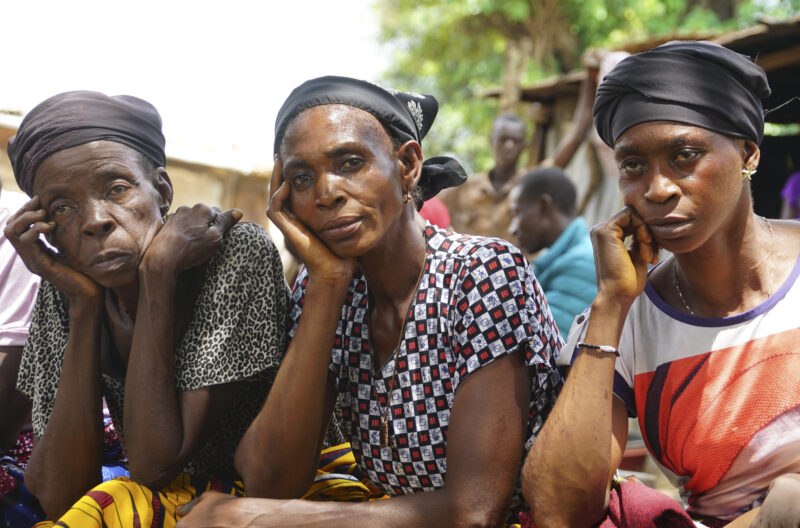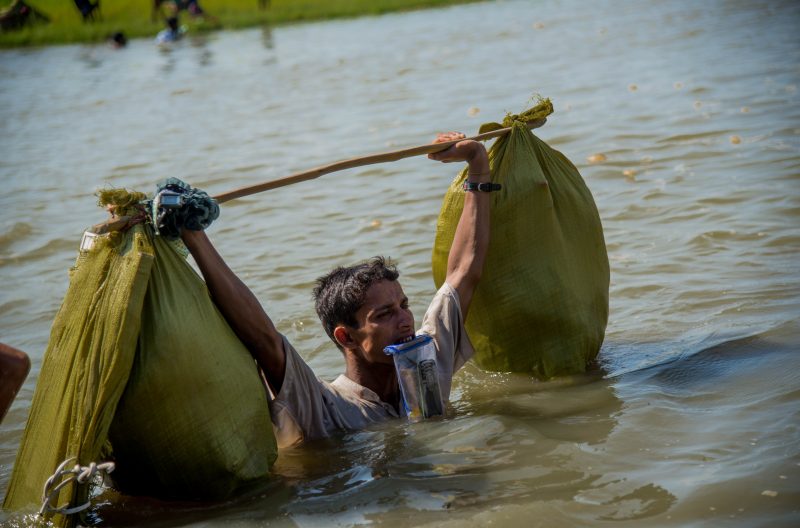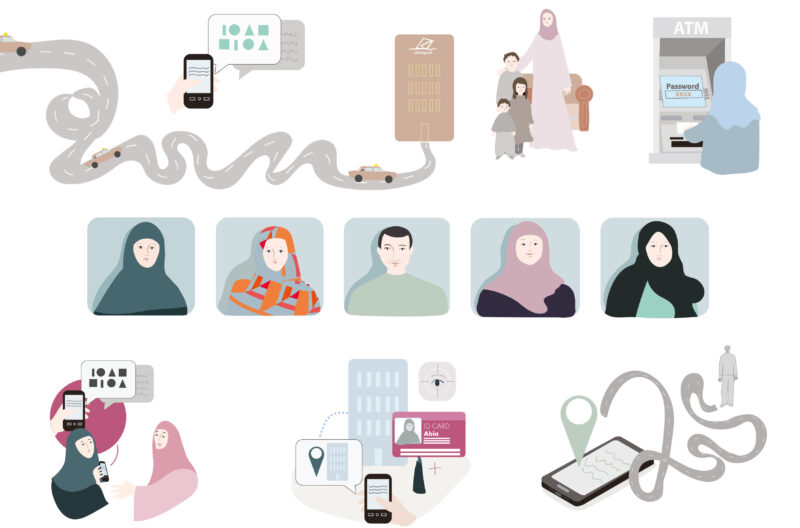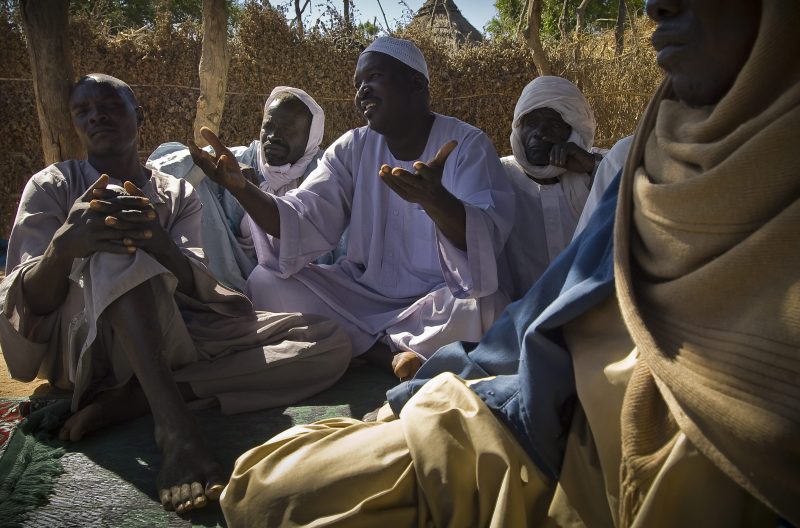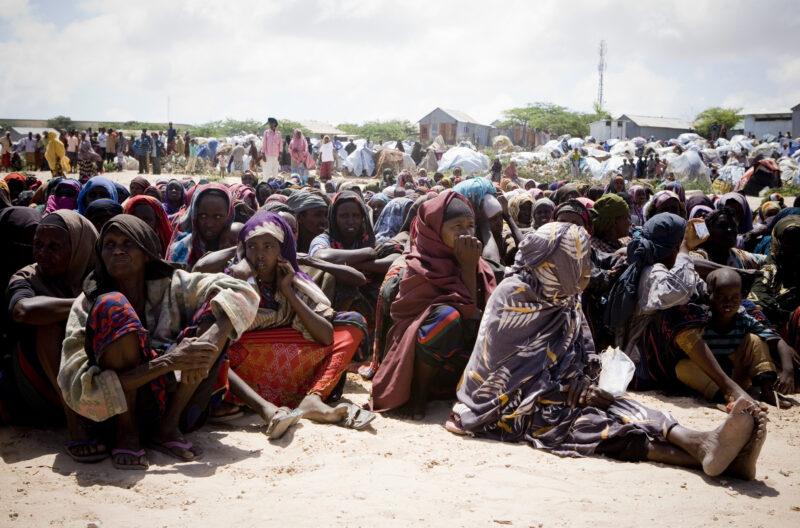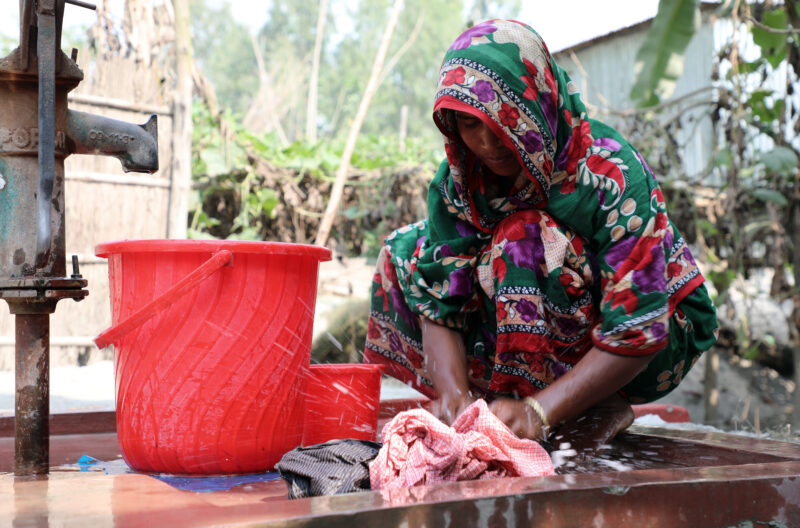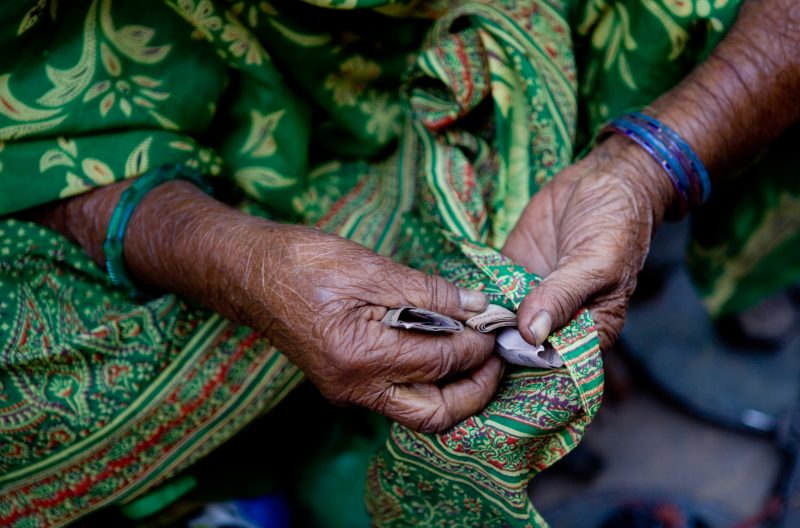Our work
Our approach
Ground Truth Solutions works with and for people affected by humanitarian crises, to understand how they experience the quality and effectiveness of aid provision, and to help them influence the efforts undertaken on their behalf. Our main research methodology is rooted in two traditions of inquiry: participatory development thinking, combined with the business world’s emphasis on customer satisfaction. We examine how affected people see the relevance and fairness of the support they receive, whether they know what to expect, how to seek recourse and if they feel safe. We also want to know if people feel able to take control of their lives and whether they trust and respect those providing aid.
To learn more, we discuss these issues with affected people in focus groups and in interviews with individuals. We also triangulate what people tell us with factual information collected by aid agencies as part of their regular programme monitoring. We engage with affected people regularly and systematically, to understand important trends in their views. Then we feed back findings from our work to aid providers and policymakers, to increase accountability and improve programme quality. Our surveys of field workers and the local partners of international agencies provide additional insight for humanitarian managers and donors trying to make sense of and respond to the way things look on the ground.
Amplifying affected people’s views of the humanitarian and COVID-19 responses in Burkina Faso
We are collecting feedback from internally displaced people and host community members in Burkina Faso regarding their views of the humanitarian aid they receive and their opinions on the current COVID-19 response.
Project status: Ongoing
Collecting community perceptions on COVID-19 in Iraq
In partnership with the UNOPS Iraq Information Centre (IIC), Ground Truth Solutions is collecting community perceptions data on the COVID-19 pandemic that will feed into the ongoing humanitarian response.
Project status: Ongoing
Community perceptions in Uganda
In Uganda, we are talking to South Sudanese and Congolese community leaders in refugee settlements across 10 regions, to capture their insight on communities’ information access, behaviours, trust and the economic impact of COVID-19.
Project status: Ongoing
The Cash Barometer in Nigeria
We launched in Nigeria in late 2019 with a survey of recipients of CVA in Borno State. Following the COVID-19 pandemic, we adapted the Cash Barometer to explore perceptions of the economic impact of the pandemic, as experienced by CVA recipients, humanitarian actors and financial service providers. A second round of surveys in Borno, Adamawa and Yobe (BAY states) was conducted in November 2020.
Project status: Ongoing
Systematic feedback from Rohingya and host communities in Bangladesh
We are providing Rohingya communities in Bangladesh with a way to give systematic feedback to aid providers. To make sure that the views of affected communities inform humanitarian programming, we combine these efforts with training for aid providers.
Project status: Ongoing
Mapping the user journeys of Syrian refugees receiving multi-purpose cash in Lebanon
In collaboration with CAMEALEON and WFP, Ground Truth Solutions explored the lived experiences or “user journeys” of Syrian receiving multi-purpose cash (MPC) assistance from the World Food Programme (WFP) in Lebanon.
Project status: Completed
An accountable humanitarian response in Chad
Since 2018, we have been tracking the perceptions of people affected by crisis in the Lac, Ouaddaï and Logone Oriental provinces to highlight their opinions about the humanitarian aid they receive. We have also interviewed humanitarian staff and their local partners.
Project status: Ongoing
The Cash Barometer in Somalia
In Somalia, the Cash Barometer builds on previous Ground Truth surveys carried out between 2017-2019 to inform the rapidly evolving humanitarian response. In-kind aid and CVA recipients across 17 regions were surveyed in September 2020 to better understand their perceptions of on-going humanitarian efforts to address recent climate and conflict related shocks, as well as the Covid-19 pandemic.
Project status: Ongoing
Camp community perceptions on COVID-19 in Cox’s Bazar
We have partnered with the Bangladesh Red Crescent Society (BDRCS) and the International Federation of the Red Cross and Red Crescent (IFRC) to find out how Cox's Bazar camp communities are navigating the COVID-19 pandemic and response.
Project status: Ongoing
Cash Barometer
The potential of cash transfer programming has been demonstrated many times over. But how does the humanitarian “cash revolution” present itself to its intended beneficiaries? What concerns do affected people have, and how can their perspectives help inform a more effective roll-out of cash-based assistance? To find out, we partnered with the German Federal Foreign Office to launch the Cash Barometer.
Project status: Ongoing
